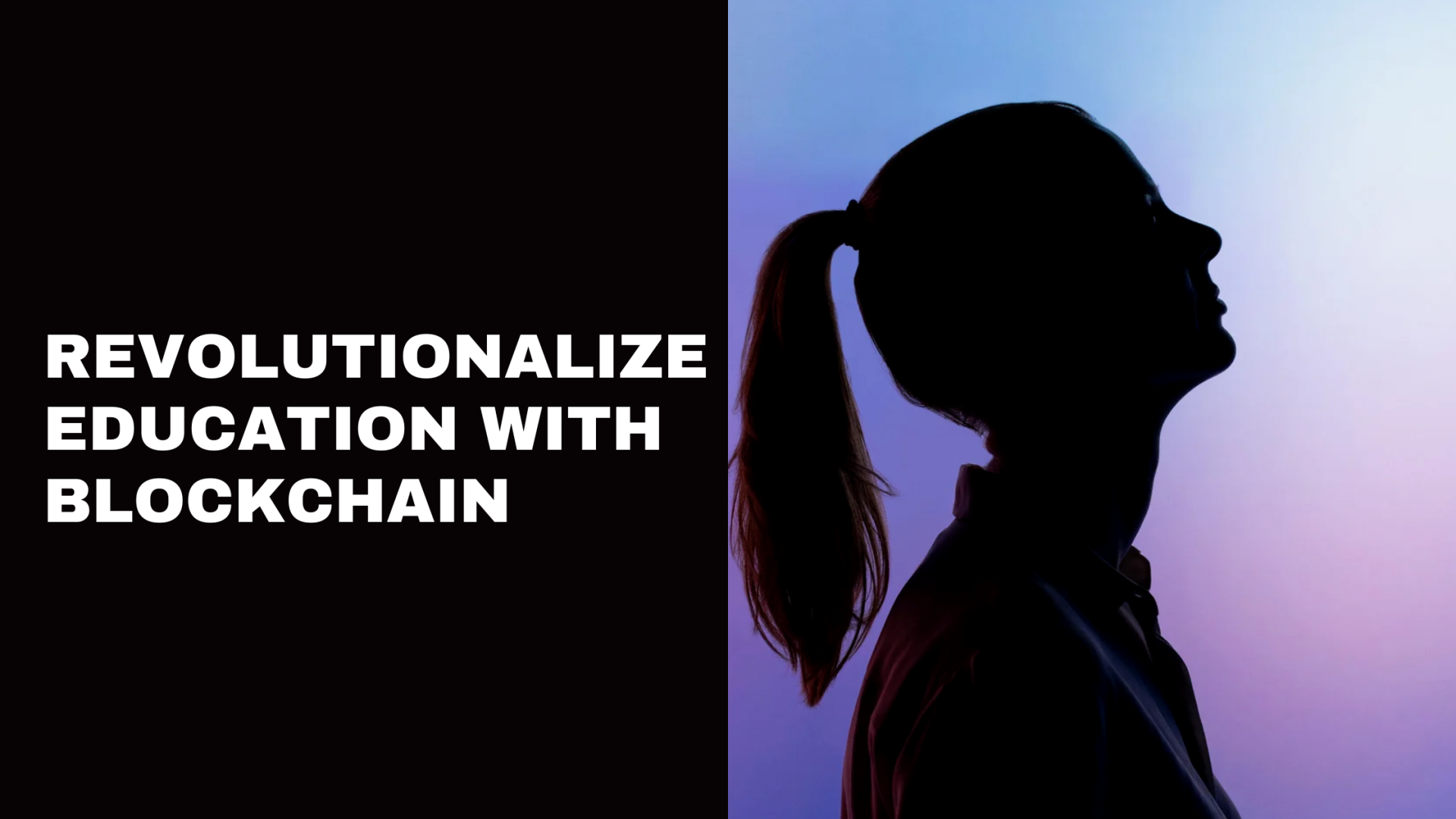The education landscape is undergoing a dynamic transformation, and innovative technologies like blockchain are poised to play a pivotal role in this evolution.
But how can blockchain specifically benefit universities and colleges, their students, and their faculty Let’s delve into the exciting possibilities:
For Students:
– Secure and verifiable credentials: Imagine transcripts and certifications immutably stored on a blockchain, accessible 24/7, and resistant to tampering. This empowers students to easily share their achievements with potential employers or further education institutions.
– Frictionless micropayments: Micro-credentials and skills acquired through personalized learning modules can be rewarded and stored on the blockchain, opening doors for new learning pathways and personalized education models.
– Engaging gamified learning: Blockchain-powered learning platforms can utilize tokens and rewards to incentivize participation, collaboration, and achievement, making learning more interactive and enjoyable.
– Democratized access to education: Decentralized learning platforms built on blockchain can facilitate peer-to-peer knowledge sharing and content creation, fostering a more inclusive and accessible learning environment.
For Teachers:
– Efficient intellectual property management: Protect and monetize research papers, course materials, and other intellectual property through transparent and secure digital rights management on the blockchain.
– Streamlined administrative tasks: Blockchain can automate and simplify administrative processes like grading, record-keeping, and verification, freeing up valuable time for educators to focus on teaching and innovation.
– Global collaboration and knowledge exchange: Securely connect with educators worldwide, share best practices, and foster collaborative research initiatives facilitated by blockchain technology.
– Decentralized funding opportunities: Explore alternative funding models through smart contracts, crowdfunding, and tokenized rewards, potentially opening new avenues for research and educational development.
– Transforming the Educational Landscape: While its implementation needs careful consideration, blockchain holds immense potential to reshape the educational landscape for universities and colleges. By enhancing security, transparency, accessibility, and efficiency, this technology can empower students, faculty, and institutions alike to embrace a more personalized, engaging, and future-proof learning experience.
Join the Conversation:
Do you see blockchain playing a role in the future of education? Share your thoughts and questions in the comments below! Let’s explore the possibilities together and shape a brighter future for learning.
Follow me for more…

